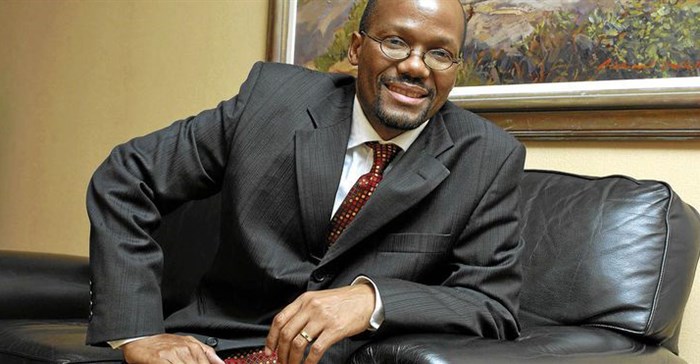
Subscribe & Follow
#AfricaMonth
In the news
More carrot less stick needed in investment choices

Investing in the country was not only essential but an imperative; however, using a stick in the form of prescription may be counterproductive. “What we need are incentives, such as the Section 12J tax incentive that is allowing small and medium sized companies access to capital and creating jobs." says Elias Masilela, executive chairman of DNA Economics and chairman of Impact Investing South Africa.
Retirement fund trustees are starting to realise that their role extends beyond ensuring that fund members have sufficient capital to retire. Trustees also have a fiduciary duty to consider the impact of the retirement funds investments on the environment in which their members live and work. There is no point in retiring with a decent pension if the society and environment the retiree lives are unhealthy and unsustainable.
Impact investment
A solution lies in impact investing, a term that, put simply, means investing for a measurable social or environmental return together with a financial return.
“Impact investing can help tackle the imbalances that characterise South Africa and threaten to destabilise our country. It can do so in a way that benefits everyone, delivering sustainable funding for service providers; financial returns and impact for investors and entrepreneurs; and breakthrough ideas that lead to lasting improvement for the world. In short, investments that have a positive human impact. The sweet spot, is that it can be led by the private sector, as is the case elsewhere in the world and as envisaged in the National Development Plan and the United Nations’ Sustainable Development Goals. It will not need to draw from already stretched government resources," he says.
Whether or not prescribed assets were introduced, the time has come for retirement fund trustees to put their minds to impact investing. When they do, they may find they’re actually further down the road than they realise as some of the investments in their portfolios might already have an impact component.
Masilela says that, should prescription be pushed through, consideration needs to be given to educating boards of trustees about the nature of these assets; improving risk management capabilities; fostering the development of liquid real assets; speeding up the establishment of the taxation framework of unlisted REITs; and considering market-based incentives.
The opportunity for developing excellent impact investment vehicles in South Africa is virtually unlimited. “Just start with education, housing, infrastructure and healthcare," he says.
South Africa is blessed with a world class financial services industry, excellent legal minds, and a culture of innovation – all the ingredients needed to develop impact investments that would provide sustainable returns to investors and communities.
Marshall Plan for Africa
Impact investing cuts across all asset classes including private equity and unlisted debt instruments. As regards how much to invest, impact investment opportunities are often smaller than traditional investments. Conventional thinking is that small investments that can’t make a significant difference to a portfolio should be avoided. However, this amounts to sub-optimal risk management.
In fact, any reasonable investment that adds extra value should be considered. However, if it’s a higher risk investment, diversification is key to spread the risk across a few alternatives.
Impact investing should be the Marshall Plan for Africa, created by Africans and led by Africa’s private capital – both financial and intellectual," Masilela says.
Related
Beyond borders: How foreign pensions empower South Africans to build global wealth 18 Nov 2024 Winners of the 2024 Africa Impact Investment Awards 23 Jul 2024 Impact investing vs sustainable investing: What are the key differences? 4 Jul 2024 New SME survey results reveal upcoming national elections a deep concern for SA small business owners 25 Apr 2024










